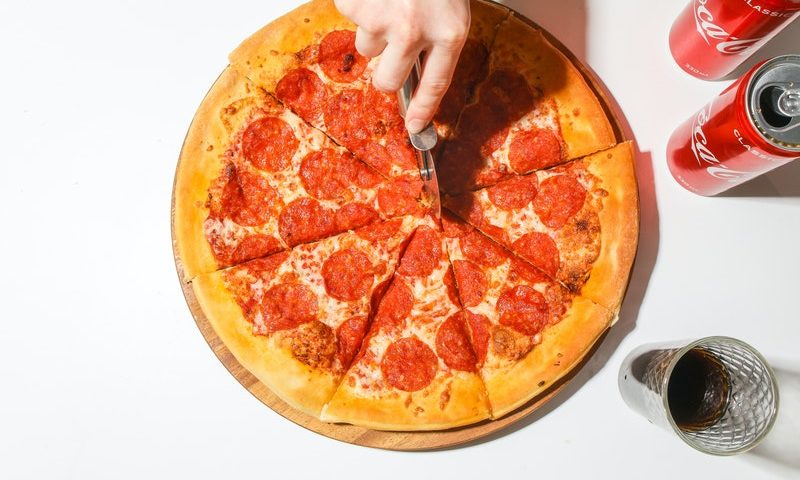What we eat and how much we move are essential factors that affect our weight, but they are also part of a much bigger equation. Biology, genetics, major life events, and other factors can also lead to weight gain. In this post, we will look at our food environment and how it shapes health behaviors.
What is a Food Environment?
The Centers for Disease Control (CDC) has a good definition for food environment:
- The physical presence of food that affects your diet
- Your proximity to stores and supermarkets
- The distribution of food stores and services
- A connected system that allows access to food
In other words, what you eat and how much you eat aren’t entirely determined by willpower or personal choice. Other influences also affect your decisions around food.
Factors that Play into Your Food Environment
Now let’s dig a little deeper and look at some common factors that shape food environments and contribute to weight gain.
- Cost: High-calorie foods like butter, sugary snacks, and processed foods are generally the cheapest. Lower-calorie and healthier foods such as lean meats, fruits, and vegetables are usually more expensive.
- Accessibility: Convenient foods are easier to access with fast-food restaurants on nearly every corner of every major road or highway. They are also available at check-out lines in most retail stores.
- Portion Sizes: Portion sizes at restaurants have been increasing for decades. You always hear phrases like “buy one, get one free” or “supersize your meal for only one dollar.” However, you rarely get this with healthier foods like salads, fruits, and vegetables.
- Marketing: Special marketing can make us more likely to eat unhealthier foods. For example, a celebrity on a box of cereal or a fun cartoon character on a box of fruit snacks can compel us to buy it.
What Does This Mean?
Recognizing how your food environment can impact weight is essential to weight management. When you are more aware of your surroundings, you are better positioned to make healthier choices. It can also help erase some of the guilt and shame around food because you aren’t always in conscious control of what you eat, especially if you are short on time or money.






